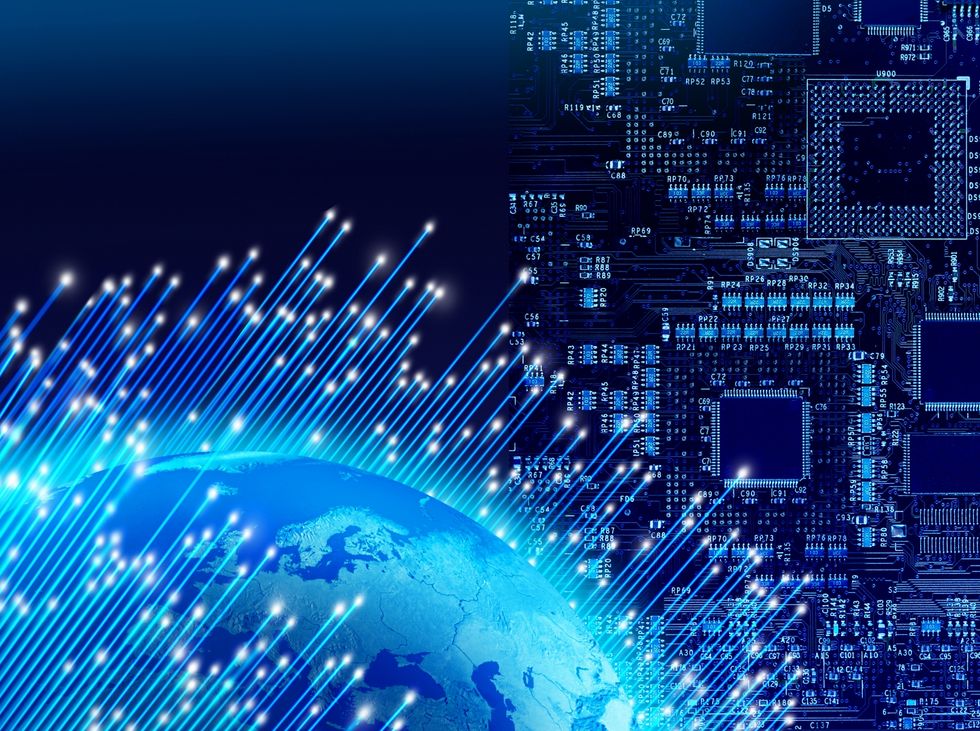Big data may not sound like anything special, especially considering we’ve had data for as long as we’ve been studying objective phenomenon. Sure, now we have more tools to capture this data, but can that really cause a major change in our society?
Of course. With modern tools of measurement, everything from location, movement, vibration, temperature, humidity, and chemical changes in the air are being tracked at all times. This is not to mention all of the social information being gathered through social media platforms like Facebook and Twitter.
It may be hard to conceptualize how this may make a difference in the way our society works, but look at it this way: How is it that any institution makes decisions on how their facilities will operate? Schools look at test scores to discover in which areas students need the most help. Businesses look at indicators of supply, demand, and customer satisfaction, among many other things, to decide which products they put out on the market and at what price.
What all of this new information gives us is a much larger pool of data, coming in from mobile devices and sensors that are integrated into the internet, which we can use to make informed decisions.
Gathering the data, however, is actually the simplest part. The key now is in being able to practically interpret that data. Through the use of analytical database management systems, however, this big data will likely become extremely useful in a huge range of fields. In everything from business, finance, educations and politics, analytical interpretations of huge amounts of data will lead to more effective decisions and consequently better results.
The advancement of artificial intelligence will likely be utilized in our efforts to translate big data into meaningful information that can be used to take action. Humans can only analyze so much data, and it takes time and money to have them do so. With an automated analytical system, an AI, all of that big data can automatically be translated into information that executive decision makers can use to take action.
Integrating the big data of the American electorate into a campaign and advocacy based organization system creates extremely powerful tools for social movements to organically find and utilize their support. These powerful new tools, based on the abilities of big data, have the potential to change the political landscape.
Not only can Big Data change politics, the powerful analytical tools that will come with it will be able to revolutionize business, economics, finance, education and so, so much more. We are only in the beginning stages of seeing huge amounts of data about the world around us integrated in a meaningful way. Analytical tools such as language recognition, pattern finding, and other AI-inspired technological feats will soon be changing the way we as individuals and organizations understand and act within the word.
These are interesting times, indeed.

















